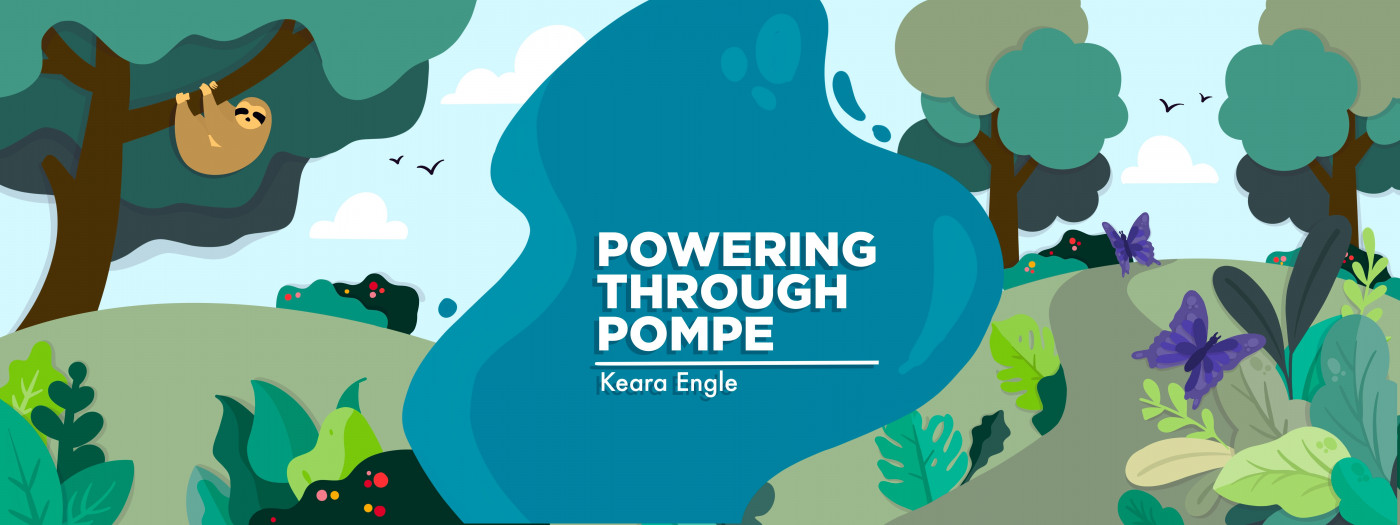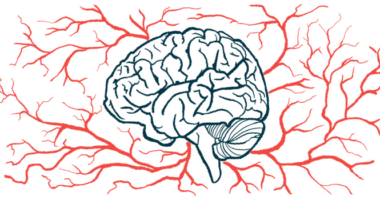How to Deal With Guilt as a Rare Disease Parent

When my son, Cayden, was diagnosed with infantile-onset Pompe disease, I experienced a multitude of different emotions. One of the biggest things I struggled with was the guilt that came along with his diagnosis.
Because Pompe is a genetic disease, I know I am part of the reason my son has it. The disease is inherited in what’s called an autosomal recessive genetic pattern. This means that Cayden’s father and I both carry a gene for Pompe disease, making us carriers. Cayden received an affected gene from both of us, which is why he has the disease.
Since I was so young and a fairly healthy individual, I had no way of knowing that I carried the gene for such a rare disease. However, I couldn’t stop myself from feeling guilty when I knew I had passed the gene to Cayden. I had so many “what if” questions running through my mind. What if I would’ve waited to have children? What if I could go back in time and have my child with someone else that isn’t a carrier of Pompe disease?
In the beginning, his father and I played the blame game about why Cayden had such a rare disease. Pompe disease isn’t something either of us had ever seen in our families. We were both young and uneducated. However, once the doctors sat down with us and explained everything, it all began to make sense.
I had to take a step back and realize this isn’t something I could’ve ever prevented. It took some time to come to this realization. However, I couldn’t be happier that I finally did. There’s no sense in beating yourself up over something that is completely out of your control.
For the future, I now know what to do differently when having a child. Genetic counseling and genetic testing are both very helpful for family planning by rare disease families.
Because I already know I am a carrier of Pompe disease, I must be careful about whom I have children with. My future partner must complete genetic testing before we can safely plan to have a child together. This will let us know if they carry a gene for Pompe disease as well. If they do not carry a gene, then there should be no issues if we decide to have a child together.
Many people can be carriers of a rare disease and never know it. It’s not something that’s typically a cause for concern unless two carriers of the same disease have children together. While this is a rare occurrence, I am proof that it can happen.
***
Note: Pompe Disease News is strictly a news and information website about the disease. It does not provide medical advice, diagnosis, or treatment. This content is not intended to be a substitute for professional medical advice, diagnosis, or treatment. Always seek the advice of your physician or other qualified health provider with any questions you may have regarding a medical condition. Never disregard professional medical advice or delay in seeking it because of something you have read on this website. The opinions expressed in this column are not those of Pompe Disease News, or its parent company, BioNews, and are intended to spark discussion about issues pertaining to Pompe disease.








Comments